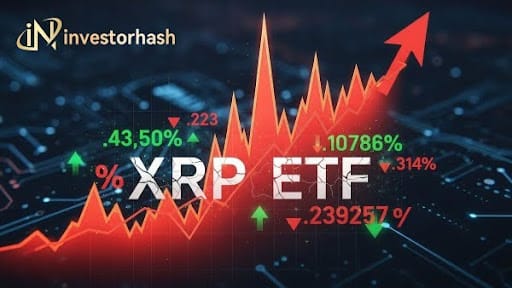Revolutionizing Government Bonds through Bitcoin Blockchain Integration

Government bonds have long been a staple of public finance, allowing countries to raise funds for various projects and initiatives. However, the traditional bond issuance and management process is often complex, time-consuming, and limited in terms of investor access. By leveraging the Bitcoin blockchain, governments can revolutionize the bond market, attracting a wider pool of international investors and streamlining the entire bond management process.
The Limitations of Traditional Government Bond Issuance
The current system of issuing and managing government bonds faces several challenges:
- Complex and time-consuming issuance process involving multiple intermediaries, such as investment banks, brokers, and clearing houses.
- Limited access for international investors due to geographical restrictions, regulatory barriers, and high minimum investment requirements.
- Lack of transparency in bond ownership and transaction history, making it difficult to track and audit the flow of funds.
- High administrative costs associated with bond issuance, distribution, and servicing, which can reduce the overall efficiency of the process.
Benefits of Issuing Government Bonds on the Bitcoin Blockchain
By issuing government bonds on the Bitcoin blockchain, countries can tap into a range of benefits:
- Global accessibility: Bitcoin's decentralized nature allows investors from anywhere in the world to participate in bond offerings, subject to regulatory compliance. This can significantly expand the investor base and increase demand for government bonds.
- Streamlined issuance process: Smart contracts on the Bitcoin blockchain can automate the bond issuance process, reducing the need for intermediaries and minimizing administrative overhead. This can lead to faster and more efficient bond offerings.
- Enhanced transparency: The Bitcoin blockchain provides a transparent and immutable record of all bond transactions, enabling easy tracking and auditing of funds. This can increase investor confidence and reduce the risk of fraud or mismanagement.
- Fractional ownership: Tokenizing government bonds on the blockchain allows for fractional ownership, lowering the minimum investment threshold and enabling greater participation from retail investors.
- Automated servicing: Smart contracts can automate the distribution of bond coupons and principal repayments, reducing administrative costs and ensuring timely payments to investors.
Considerations and Challenges
Implementing blockchain-based government bonds requires addressing several considerations and challenges:
- Regulatory compliance: Governments must ensure that bond issuance on the blockchain complies with existing securities laws and regulations, both domestically and internationally.
- Infrastructure development: Robust and secure blockchain infrastructure must be in place to support the issuance and management of government bonds. This may require significant investment in technology and expertise.
- Investor education: Governments must educate potential investors about the benefits and risks of blockchain-based bonds and provide clear guidelines for participation.
- Liquidity and secondary markets: Efficient secondary markets for trading blockchain-based government bonds must be established to ensure sufficient liquidity for investors.
Real-World Developments and Future Prospects
Several countries have already begun exploring the use of blockchain technology for government bond issuance. In 2018, the World Bank launched bond-i, the world's first blockchain-based bond, raising A$110 million. Other countries, such as Thailand and the Philippines, have also expressed interest in issuing government bonds on the blockchain.
As more countries recognize the potential benefits of blockchain-based government bonds, we can expect to see increased adoption and innovation in this space. By leveraging the Bitcoin blockchain, governments can create a more efficient, transparent, and accessible bond market that attracts a wider pool of international investors.
In conclusion, the integration of Bitcoin blockchain technology into government bond issuance presents a significant opportunity to transform the bond market. By streamlining the issuance process, enhancing transparency, and enabling global accessibility, blockchain-based bonds can attract international investors and improve the efficiency of public finance.
While challenges such as regulatory compliance and infrastructure development must be addressed, the potential benefits of this innovative approach are too significant to ignore. As more countries explore and adopt blockchain-based government bonds, we may be witnessing the dawn of a new era in public finance.




